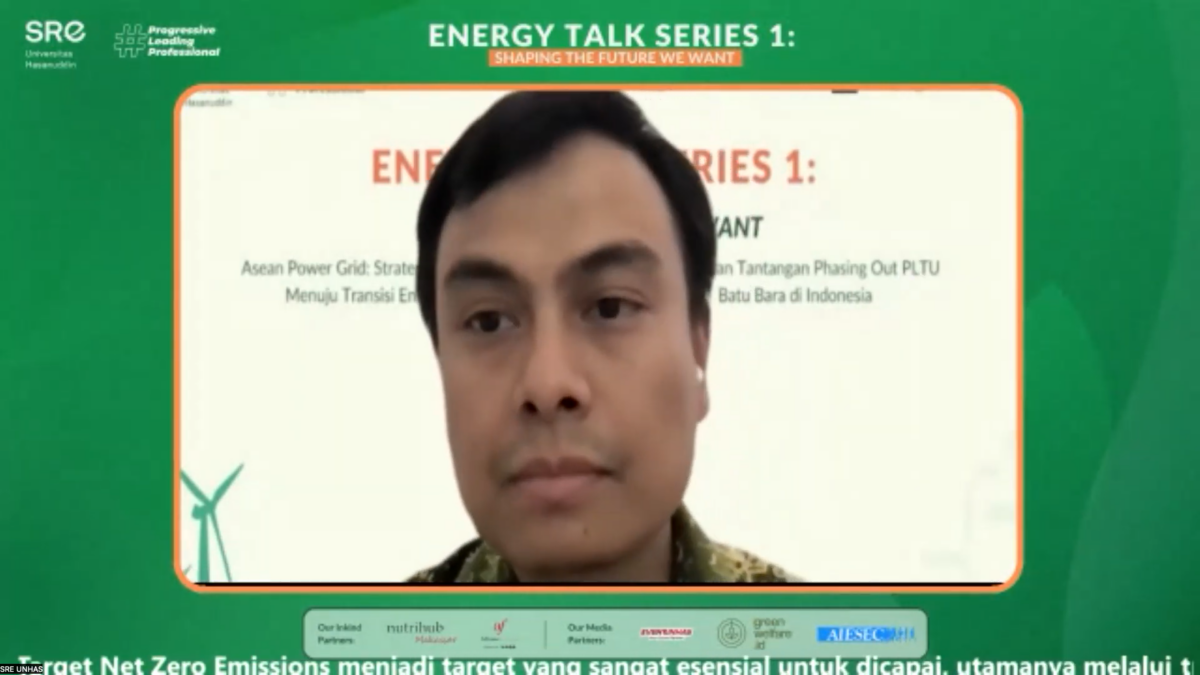Coal-fired power plants (CFPP) have been built frequently in Indonesia for the past 23 years.
Data from the Global Energy Monitor shows that it was only four years that Indonesia was not recorded as having additional electricity capacity from new CFPPs, namely 2001-2003 and 2005.
Read more on Katadata.
During the Hannover Messe Industrial Exhibition in Germany in April 2023, President Joko Widodo committed in front of a large audience. He promised that all power plants in Indonesia would be replaced with ones fueled by renewable energy by 2050.
Read more on CNN.

Air pollution remains a problem in various regions. Although awareness of air pollution has increased, the urgency to find a solution has yet to become a priority. The impact is significant for everyone, including children as the most vulnerable group.
Co-founder of Nafas, Piotr Jakubowski, explained air pollution is significantly higher in the dry season…
Coal-fired power plants (PLTU) are one of the largest greenhouse gas (GHG) emissions sources. In addition to producing emissions, coal-fired power plants emit air pollutants that harm health.
Read more on Kompas.
Executive Director of the Institute for Essential Services Reform (IESR), Fabby Tumiwa, said the poor air quality was due to the increasing number of sources of pollution, from motorized vehicles, emissions, and exhaust gases from steam power plants (PLTU) around Jakarta, as well as air pollution in industry and waste burning.
Read more on Koran Jakarta.
The government is preparing a roadmap for the early termination of a coal-fired power plant or PLTU operation. The draft document contains, among other things, a list of PLTUs with a total capacity of 4.8 gigawatts which will accelerate their active life in 2030.
Read more on Kompas.

Jakarta, June 27, 2023 - Environmental sustainability and overcoming the climate crisis have driven the need for an energy transition toward cleaner and more sustainable energy sources. The early termination of fossil energy generation operations as one of the largest emitters is a fundamental step towards accelerating the energy transition in Indonesia.
Director of Electricity…

Jakarta, June 24, 2023 - Raditya Yudha Wiranegara, Senior Researcher at the Institute for Essential Services Reform (IESR), explained several challenges in retiring PLTU and how renewable energy plays a role in shaping the future. This was discussed in the Energy Talk event held by the Hasanuddin University Society of Renewable Energy (SRE).
Raditya, or…

Jakarta, 20 June 2023 - The Institute for Essential Services Reform (IESR) urges the Indonesian government to transform the energy sector to achieve peak emissions in 2030 and carbon neutral in 2050. This align with President Joko Widodo's commitment to achieve net-zero emissions in 2060 or earlier as a form of Indonesia's responsibility to reduce…

Jakarta, 5 June 2023 - Youth advocacy is one of the most effective ways to promote change. Moreover, the issues must be close to heart and interesting to follow to raise awareness among youth. For instance, we can connect the topic with their passion. This is carried out by the Kpop 4 Planet youth community,…
The Institute for Essential Services Reform (IESR) stated that the ceiling on emissions set by the government in carbon trading for the coal power plants sector has still too high.
Read more in Kata Data.
Energy Transformation Program Manager, The Institute for Essential Services Reform (IESR), Deon Arinaldo, said it is necessary to shut down coal plants (PLTU) to reach a peak in electricity sector emissions in 2030. Besides that, we need to increase the capacity of renewable energy generators (EBT) in the same period.
Read more on Warta Ekonomi.
